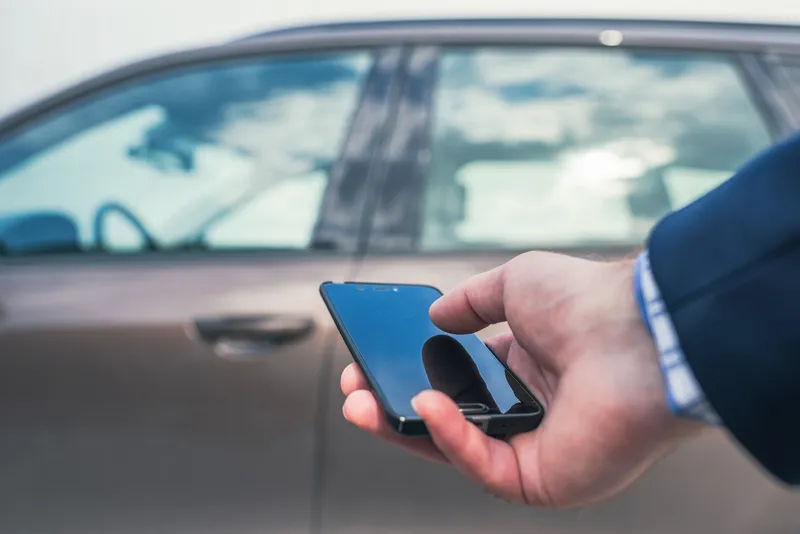Analysis from car sharing platform HyaCar indicates that nearly half of people in the UK cannot afford to own a car and those who do spend upwards of £2,500 each year on its general upkeep, excluding costs for petrol and overall depreciation. The analysis reveals the rising costs of motoring in the UK, as drivers spend money on vehicles that are often going unused.
Drivers in the south east are putting the most money into their motors - £220 per month, with the average yearly spend in London rising to £3133.20, or over £260 each month. The cost of owning a single car in the capital is now a greater monthly outgoing than a household's gas, electric, water, internet and phone bills combined. Out of cities across the UK, those in Norwich get off the lightest with a monthly outgoing of £165.80.
Ongoing upkeep costs - those unaffected by use - such as insurance, financing, tax, MOT and minor repair, were the biggest outgoing for nearly half (48.8%) of the respondents. While nearly half of the UK cannot afford a car, almost a third of those who do not own one believe a car would provide them with more freedom.
However, all drivers will be feeling the pinch when motoring costs are rising across the board - most recently with insurance premiums expected to break an average of £800 in June.
Despite the escalating costs and the effects of depreciation, many of Britain’s motorists actually drive their cars infrequently, says HyaCar. The new research from the peer to peer sharing firm revealed that nearly one million cars in the UK are being driven just once a month, with that figure rising to 2.4 million for cars driven once a week or less.
Research reveals motoring costs cause many cars in the UK to go unused
Analysis from car sharing platform HyaCar indicates that nearly half of people in the UK cannot afford to own a car and those who do spend upwards of £2,500 each year on its general upkeep, excluding costs for petrol and overall depreciation.
June 19, 2017
Read time: 2 mins








